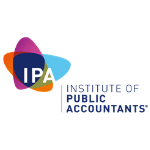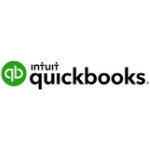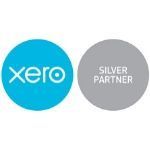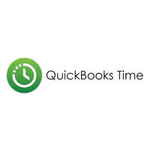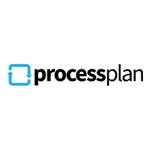Are you meeting your SMSF governance requirements?
If you’re thinking about setting up a self-managed superannuation fund, here are five key areas to be aware of when managing your fund.
Opting for a self-managed superannuation fund (SMSF) may give you more control over your investment strategy and allow you to be more agile as a fund in the market. But are you fully aware of the governance and compliance responsibilities of running an SMSF?
Let’s take a look at the main areas you should be focusing on as a fund trustee.
Five key areas when managing your SMSF
The members of your SMSF run the super fund themselves, as the name suggests. So, it’s vital that you’re on top of the responsibilities of managing the fund.
This means having a good overview of:
Compliance and governance
You’ll need to understand and fulfill your responsibilities as trustees, ensure the fund meets the sole purpose test, maintain up-to-date trust deeds and an investment strategy.
You must also comply with all ATO administrative and reporting requirements and arrange annual independent audits.
Investment strategy and performance
You must develop and regularly review a comprehensive investment strategy for the fund and ensure your investments align with the fund's objectives and risk profile. You’ll also need to diversify your investments appropriately and monitor and evaluate investment performance, as well as remaining within the in-house asset limits (generally 5% of total fund assets).
Contributions and Benefits
It’s vital that you understand and adhere to contribution caps (both concessional and non-concessional) and manage the timing and amount of contributions strategically. You also need to ensure that all contributions are properly recorded and reported, that you understand the preservation rules and conditions of release, and that you manage benefit payments in compliance with the regulations.
Record Keeping and Reporting
It’s important to maintain accurate and detailed records of all transactions and keep minutes of all investment decisions and trustee meetings. You’ll need to prepare and lodge annual tax returns and member contributions statements and value the funds assets regularly. All relevant documents must be kept for the required period (usually 5-10 years).
Separation of business and SMSF assets – a key part of your responsibilities is to maintain clear separation between personal, business and SMSF assets. All transactions between the business and SMSF must be made at arm's length and you should be cautious when considering using the SMSF to purchase business property.
Talk to us about your SMSF concerns
If you’re thinking of setting up an SMSF, or are already managing one, it’s best to get regular professional advice throughout the life of the superannuation fund.
We can advise you on record-keeping, accounting and the tax implications. And we can connect you with superannuation experts and financial advisers when you have questions about your investment strategy, or deeper questions regarding the management of the SMSF.











